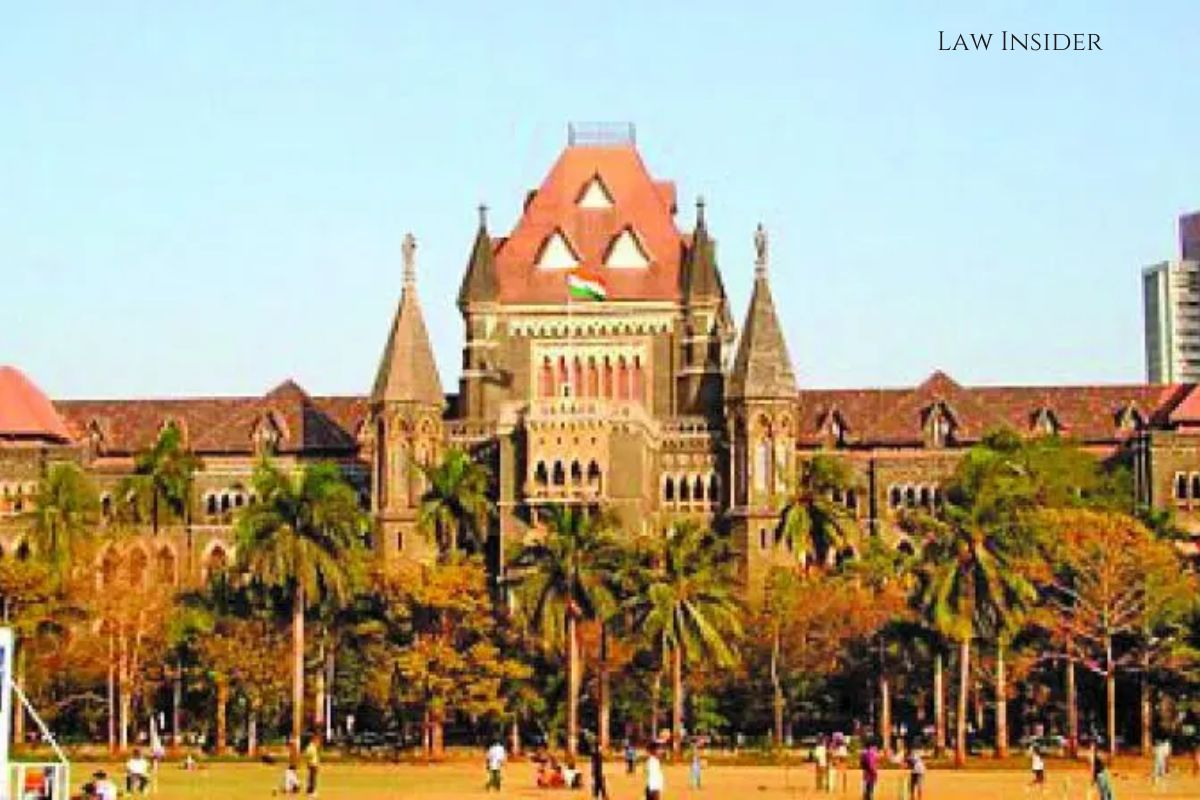LI Network
Published on: November 13, 2023 at 00:10 IST
The Bombay High Court has ruled that the act of disobeying a ‘privately communicated’ notice under Section 149 of the Criminal Procedure Code (CrPC) does not constitute an offense under Section 188 of the Indian Penal Code (IPC).
The ruling came as the court quashed criminal proceedings against Raj Thackeray, emphasizing that the notice in question, issued by the police, did not possess the characteristics of an ‘order promulgated.’
The High Court, presided over by Justice AS Gadkari and Justice Sharmila U Deshmukh, held that for an offense under Section 188 IPC to be established, the disobedience must result in the consequences outlined in the section.
Mere disobedience, without causing or attracting the risk of intended consequences, does not attract the offense. The court highlighted that the disobedience must result in or tend to result in the specified consequences for Section 188 IPC to be applicable.
The court further delved into the nature of the notice issued under Section 149 of CrPC, describing it as directions communicated privately to the intended recipients.
While acknowledging that the police were authorized to issue the notice, the court clarified that the notice’s private nature prevented it from constituting an ‘order promulgated’ by a public servant.
Addressing procedural aspects, the court analyzed Section 195 of the CrPC, noting that a complaint under Section 2(d) does not encompass a police report.
The court explained that the scheme of Section 195 dictates that trial follows cognizance, and cognizance follows investigation. Magistrates are restricted from taking cognizance except in cases where a written complaint is filed.
The Bombay High Court concluded that the disobedience alleged in the case did not result in the consequences outlined in Section 188 IPC.
Therefore, the court allowed the application and quashed the proceedings against Raj Thackeray. The decision sheds light on the nuanced interpretation of legal provisions and emphasizes the importance of specific circumstances in determining the applicability of offenses.
Case Title: Swararaj @ Raj Shrikant Thackeray (2023:BHC-AS:34852-DB)

